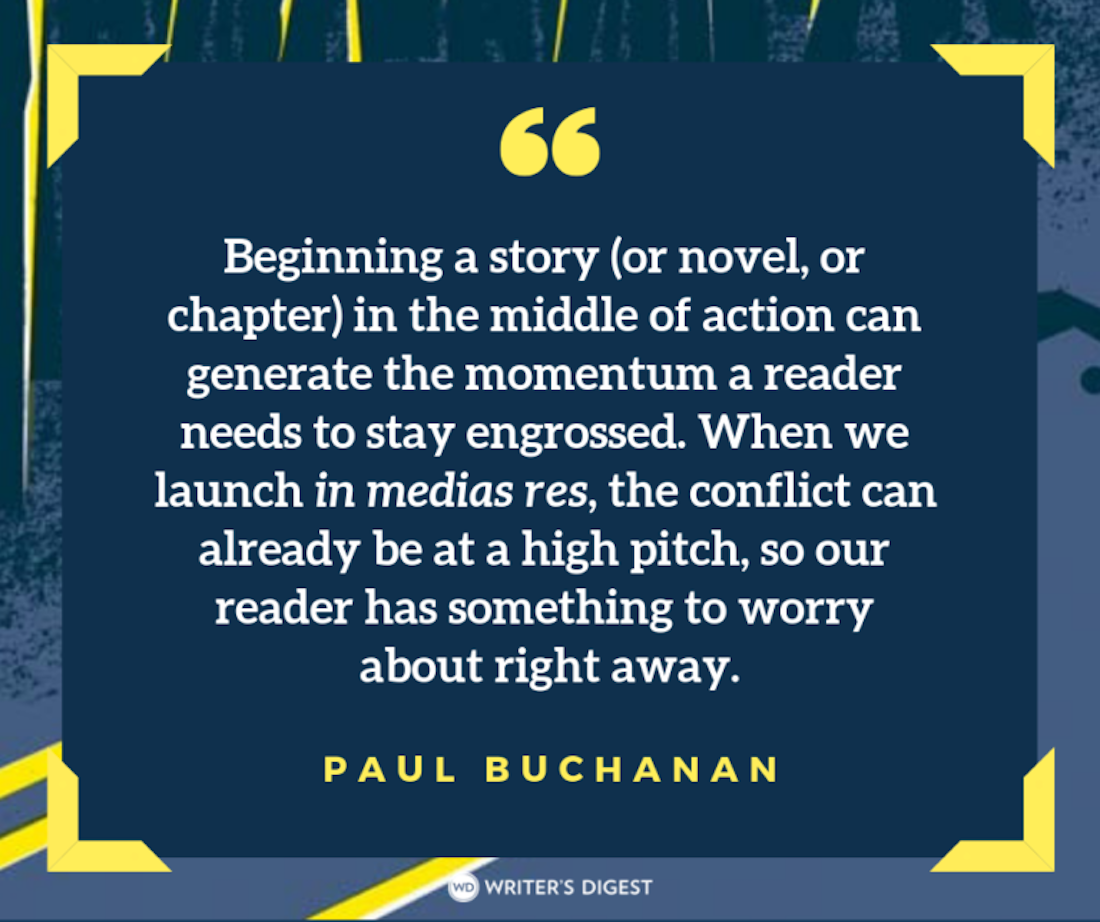Reflect on Where You’re Going
Jump off the hamster wheel of life by using your writing time to find the path to a fulfilling future.
Ever reached the end of a hectic week barely able to remember what you accomplished, let alone given thought to how you might make your life better the next week?
Today's fast-paced lifestyle can damage more than health and well-being. It impairs your ability to learn from experience. Too often, instead of moving ahead with increasing confidence and clearer purpose, you're left feeling like you live your life on a hamster wheel. You're getting nowhere, but you're too busy to notice.
Journal-keepers typically discover that just by sitting down to record your thoughts you can help clear the clutter from the mind. I certainly have. That's one of the benefits that's kept me at it for more than 25 years. (For more on how to use a journal to clear your mind, see the article "Finding Your Inside Time" on page 26). But a decade ago, I realized my fast-paced days were speeding out of control and my journal practice wasn't helping the vague sense of unease that persisted like a low grade infection.
Then, one afternoon flying home from a hectic business trip, I listened to a taped presentation by holistic physician Larry Dorsey. He had a diagnosis for what ailed me—"hurry sickness." That term triggered a shock of recognition. I knew exactly what he meant, and I knew I'd caught this highly contagious disease, which he called a national epidemic.
Hurry Sickness
What causes it? Obviously, doing too much too fast. But there seemed to be something else. Too much information coming in and not enough time to make meaning from it. Too much darting from task to task without pondering what you'd hoped to accomplish. No wonder so many days felt like mindless laps on the hamster wheel.
Then I remembered the 20 minutes of quiet time I scheduled at the end of each week for the middle school students I used to teach. Pausing from my usual English class lessons, I'd have them write in the learning journals I insisted they keep. Each Friday they recorded what they remembered doing during the past week, what they'd learned from it, and what they wanted to do and learn the next week. The simple process I'd created to help my students learn more from their experiences and move ahead with a sense of purpose seemed like what I needed to do for myself.
I'd long recorded memories, experiences and ideas, but I had not taken time to write about their implications. Beginning with the simple steps I'd required of my students, I developed a process I call reflective journaling. This simple addition to my journaling practice proved to be an effective antidote for hurry sickness. In fact it worked so well I began incorporating reflective journaling breaks into both the creativity programs and writing workshops I conduct.
Reflective Journaling
You can use reflective journaling whenever you want to clear mental fog and find more clarity. It's not complicated—just four easy steps that can be completed in a half-hour or less. It will help you turn experience into learning, learning into insight, insight into creative ideas, and ideas into actions that bring more meaning and purpose into your life.
Here's how it works. Decide upon the focus of your reflection break. Perhaps it's the past week or one especially fast-paced day. Perhaps it's a conference or workshop experience, an important meeting or especially rich conversation. With journal and pen nearby, you're ready to begin the four easy steps.
1. Quiet your mind. Taking a moment to relax and quiet any chatter going on in your head signals to your mind that it's time to slow down, shift gears and take a break.
2. Capture your experience. Begin free-writing whatever comes to mind as you revisit the experience you wish to reflect upon. Without worrying about spelling or syntax, capture any impressions that come, paying special attention to any spontaneous images and feelings.
3. Reflect, learn and discover. Review what you've written looking for the nuggets—the things you want to remember, ponder and perhaps write more about. Underline or highlight each one. If you can, read your words aloud to yourself. You may find that it helps you to see your experiences differently and discover insights you might have missed reading silently.
4. Set your intentions. Just as experience doesn't become learning and discoveries don't become insights until we've reflected upon them, neither matter much until we do something about them. Create a path forward by making a to-do list in response to this final unfinished sentence: "And now I will ..."
That's all there is to it.
Adding this simple process to my journaling practice has helped me slow down, stay focused on what really matters to me and consciously live my life on purpose.
In a world infected with hurry sickness, how can people take time from an already over-scheduled day for reflection breaks? Whenever I think I can't afford the time to reflect, I remind myself I can't afford not to. The benefits always end up saving time in the long run.
The next time you hear the incessant squeaking of the hamster wheel going round and round beneath your feet, step off, pick up your journal and take a reflection break.
This article appeared in the February 2002 issue of Personal Journaling.









